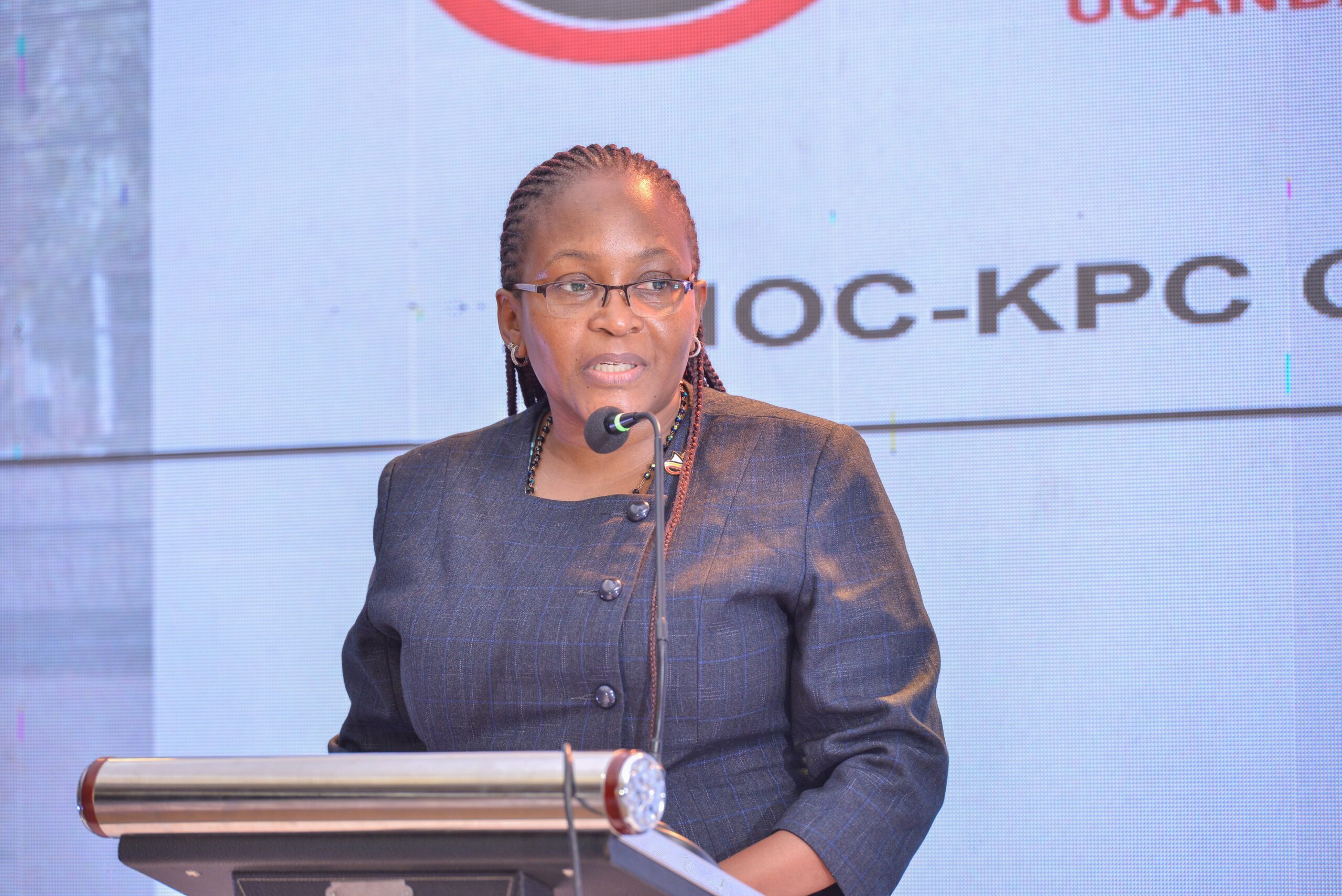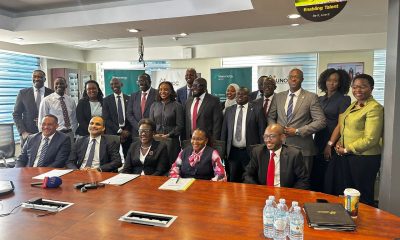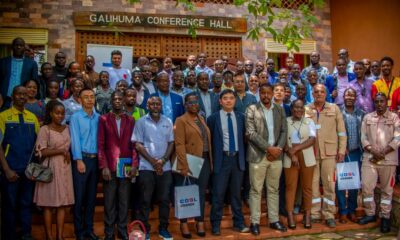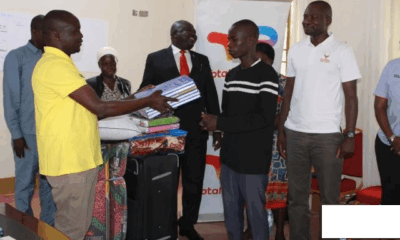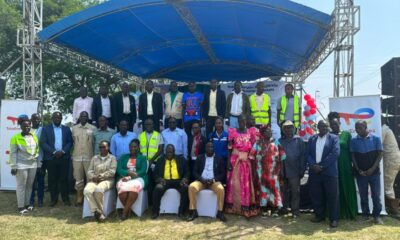Oil and Gas
Kenya Pipeline Pledges Major Reforms to Ease Uganda’s Fuel Supply Woes
The Kenya Pipeline Company (KPC) has committed to overhauling its petroleum product supply chain to Uganda, addressing long-standing concerns about efficiency and congestion at Kenyan ports. This comes after a high-level meeting in Mombasa between KPC leadership and over 100 Ugandan oil marketing companies (OMCs).
Ugandan OMCs have consistently voiced grievances regarding delays and increased costs stemming from bottlenecks at Mombasa Port and various inland depots. KPC, which handles approximately 90% of Uganda’s petroleum imports, acknowledged these challenges and outlined a comprehensive improvement plan.
“We are here to listen to you. Your feedback will help us become better as we continuously address your concerns,” stated Joe Sang, KPC Managing Director, during his opening remarks.
Sang detailed several key initiatives aimed at enhancing operational efficiency across the petroleum supply chain:
- Increased Flexibility: KPC will boost operational flexibility at its Western Kenya terminals.
- Expanded Storage: Storage capacity at Port Reitz has been expanded by 110 million liters, with an additional 10-million-liter AGO (diesel) tank added at Kisumu.
- Enhanced Flow Rate: The flow rate of Line 4 has been increased from 350,000 liters to 510,000 liters per hour, an immediate action step to expedite product movement.
- LPG Facility Utilization: OMCs were urged to utilize the newly commissioned Light Petroleum Gas (LPG) truck-loading facility at Kenya Petroleum Refineries Limited (KPRL), with KPC also consulting with private partners to establish a common-user LPG facility. To foster closer ties and streamline issue resolution, KPC plans to establish a liaison office in Uganda by January 2026. This office is expected to provide swift resolution to market issues.
A significant long-term project highlighted is the ongoing construction of the Eldoret–Kampala–Kigali pipeline. This ambitious undertaking is anticipated to considerably reduce petroleum costs for consumers across Kenya, Uganda, Rwanda, and potentially the Democratic Republic of Congo.
Ugandan officials welcomed KPC’s pledges. Mathias Katamba, Chairman of the Uganda National Oil Company (UNOC), praised KPC as a “pivotal partner” and a crucial driver of Uganda’s economic development. Proscovia Nabbanj, UNOC Chief Executive Officer, noted that over 2.6 billion liters of product pass through KPC’s infrastructure annually en route to Uganda, a figure expected to rise with economic growth.
Nabbanj emphasized the importance of timely product evacuation by OMCs to prevent congestion and called for a “senior-level” task force to gain better visibility into ground-level challenges, including improved training for Ugandan oil marketers on KPC-KRA integration.
The meeting followed a tour of Ugandan oil terminals by Kenyan sector leaders, led by James Opiyo Wandayi, Kenya’s Energy and Petroleum Cabinet Secretary. Minister Wandayi lauded KPC’s role in promoting regional integration through infrastructure development.
He cited the Kisumu Oil Jetty as a prime example, highlighting its immense contribution to fostering thriving cross-border communities. A third barge is being introduced at Kisumu to transport refined petroleum products from the jetty to the Mahathi Infra Uganda Limited terminal. This addition is expected to significantly enhance the supply chain by:
- Reducing road maintenance costs.
- Lowering environmental impact.
- Minimizing costly petroleum tanker traffic accidents.
- Creating efficiencies that will ultimately benefit the end-user.
“One barge transports 4.5 million litres of product, equivalent to approximately 150 trucks off the roads. This is beneficial to the county’s investment plan,” Wandayi stated during his visit to the Mahathi terminal in Entebbe, Uganda.
KPC MD Joe Sang confirmed that the partnership with Mahathi has encouraged Oil Majors to utilize the Kisumu Oil Jetty, boosting business for the facility. Since its commissioning in 2023, approximately 470 million liters of product have been transported across Lake Victoria from the jetty. Sang also agreed to Mahathi Infra’s request to enhance capacity in the Western Region, particularly Kisumu, to meet the rising demand from Uganda, Rwanda, and the Democratic Republic of Congo.
Comments



